Ramadan in Qatar: What’s it like for expats & travellers?
Ramadan in Qatar – it’s an interesting time to be living in or visiting Qatar, especially as a non-Muslim. Learn do’s and don’ts for living in or visiting Doha during Ramadan.

Ramadan is the ninth month of the Islamic lunar calendar. During this time, Muslims around the world fast from dawn to dusk for a calendar month.
As Qatar is an Islamic country, there are proper rules and etiquette that both Muslims and non-Muslims are expected to follow.
I spent a few months living and working in Doha and lived in the city during Ramadan.
And while there are big changes in the city of Doha over this period of time, I’m glad I was able to experience this holy month, along with the celebration of Eid, to mark the end of fasting.
This guide is intended to help you follow proper etiquette during Ramadan, if you’re living in or visiting Doha during this time.
You might want to explore the best things to do in Doha as part of your trip planning.
Where to stay in Doha
Heading to Doha during Ramadan and wondering where to stay?
↠ Mövenpick Hotel West Bay is great if you’re staying for a few days and would like to have access to some amenities, as some rooms are have a kitchenette. There’s a lovely indoor pool and gym area, which you can use to balance out Mövenpick’s trademark chocolate hour.
↠ Marriott Marquis City Center in City Center is centrally located and conveniently attached to one of Doha’s largest shopping centres. Plus, it has an excellent outdoor pool.
What is Ramadan?
Ramadan is an incredibly special time for the Muslim community.
That’s no food and no water during daylight hours for the entire month. A single sip of water would break the fast.
Some also abstain from gossip and arguments, as well as any sort of physical intimacy during daylight hours.
Why? Well, it’s seen as way to purify oneself both on a physical and spiritual level (please note I am writing this from a non-Muslim perspective).
At sunset, the community will get together to break their fast. This meal is known as an Iftar (a large feast) and is shared with family and friends.
Mosques will also traditionally set up large tents, where free Iftar meals are offered.
The fasting is broken at the end of the month, with a three-day holiday called Eid al-Fitr, where children will receive gifts and families will share large meals together, in the daylight hours.
It’s a wonderful celebration, with an emphasis on friendship, family and community.

Do you have to participate in Ramadan, if you’re in a Muslim country?
Well, yes and no.
In places like Doha, a large portion of the population are expats and observe different or no religions.
Non-Muslims are not expected to fast, but you are strongly encouraged to follow the local customs, which is a perfectly reasonable request.
Avoid public displays of affection (PDAs).
You’re not allowed to eat, drink, smoke or chew gum in public during this time. It’s illegal.
This doesn’t mean you yourself have to fast, although I always felt weird eating or drinking in front of anyone who was observing Ramadan.
I remember spending an entire afternoon hanging around with one of my Muslim friends, playing board games.
When he eventually left to break his fast, I realised that I hadn’t drunk any water for going on six hours. It became easy to observe this custom when I wasn’t the only one participating.
What to wear in Doha during Ramadan
Be especially careful with how you dress during Ramadan.
The dress code, which is actually pretty lenient considering it’s an Islamic country, is more heavily enforced at this time of the year.
There are more police out and about, patrolling the city centre and Corniche, their very presence enough to keep everyone in line.
Avoid tight-fitting clothing and cover your legs and shoulders.
Discover more about what to wear in Doha, especially during this holy month.

Working in Qatar during Ramadan
Government offices change timings during the month of Ramadan.
They’ll run on a five-hour schedule, from 8am-1pm or 9am-2pm. Private sectors work slightly more, six hours a day.
This is so families have more time together during this period of time.
If you are non-Muslim, it is expect that you will follow a non-eating and drinking policy in shared areas,
It’s generally fine to eat in a closed meeting room, or your own office, where you’re out of sight of colleagues who may be fasting.
Your company should have a policy on this, so check with them to find out what you should do during the month of Ramadan.
It could be fun to greet Muslim colleagues and pals with ‘Ramadan Kareem’, which means ‘happy Ramadan’.
Be careful when driving on the roads right before Iftar, as the traffic can get really rushed and congested.
The same is said for supermarkets, as people will be rushing to get their shopping done, to eat.
Ramadan in Qatar: what happens to leisure activities in Doha?
Within the confines of a hotel room, where many expats live, life goes on pretty much as normal (except they banished chocolate hour from my hotel – which was when free chocolate platters were presented to guests. This was really upsetting, as you can imagine).
You can still work out or go swimming and all the restaurants remain open, along with the supermarkets.
You’re not going to starve, if that’s what you’re asking. So long as you eat in a private space, you’ll be right as rain.
Ramadan in Qatar does lead to many places in Doha shutting down for the month.
Restaurants outside of hotels tend to remain closed during the day, opening at night once people begin breaking their fast.
The bars and clubs close, not even opening at night. The stores that sell alcohol shut their doors and the lines outside the front of them in the days leading up to Ramadan are… impressive.
If you’re travelling to the region and want to get out and see the surrounding desert, you’d be best off contacting a company like Qatar Adventures to ask if they run tours during Ramadan.
Some museums remain open, although work hours are reduced during Ramadan. In the Souq Waqif, it is business as usual come sundown.

And after Ramadan?
The city resumes its normal paces, as the Eid festivities begin.
Greet people with ‘Eid Mubarak’ once Eid begins – it means ‘blessed feast’.
Everything reopens. Many expats I knew went to bottomless brunches together (I went to one sober and can tell you that those things get messy!).
My friends and I celebrated by going to Gordon Ramsey’s all-you-can-eat-chilli-hotdog-Tuesday night and staying overnight in the desert.
Ramadan in Qatar: should you travel to Doha during this time?
My honest opinion? I would avoid it, if you can.
If Doha is somewhere you actually want to visit and experience, time your holiday for one of the 11 other months of the year.
Alternatively, travel here during the end of Ramadan. You’ll get a bit of an idea of what the month is about and you’ll be there for Eid, which is a lovely and joyous celebration.
Living through it is a different story and one that I’m personally glad I experienced as an expat.
Have you lived in or travelled to a Muslim country during Ramadan? If so, how did you find the experience?

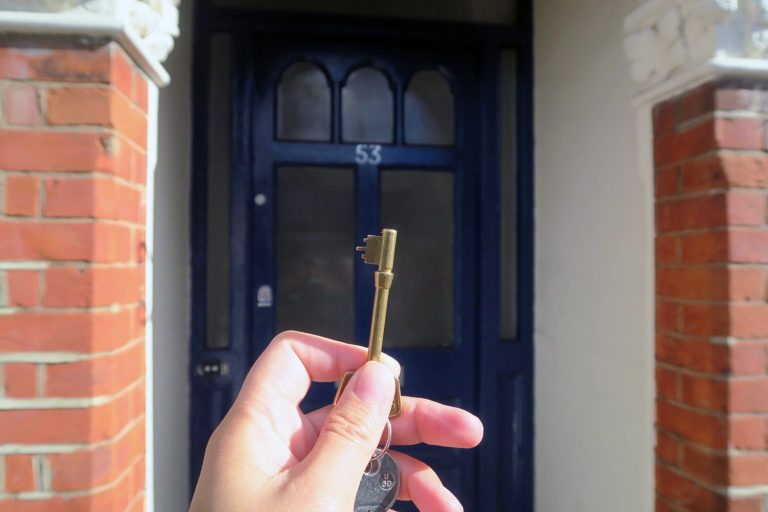
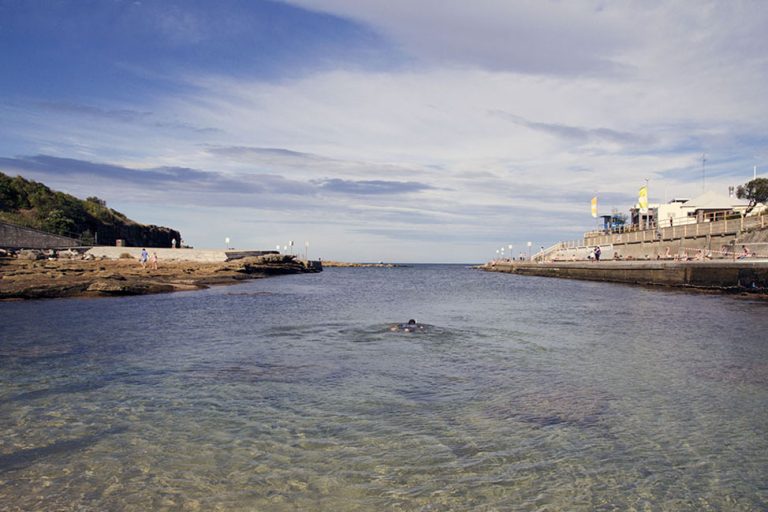
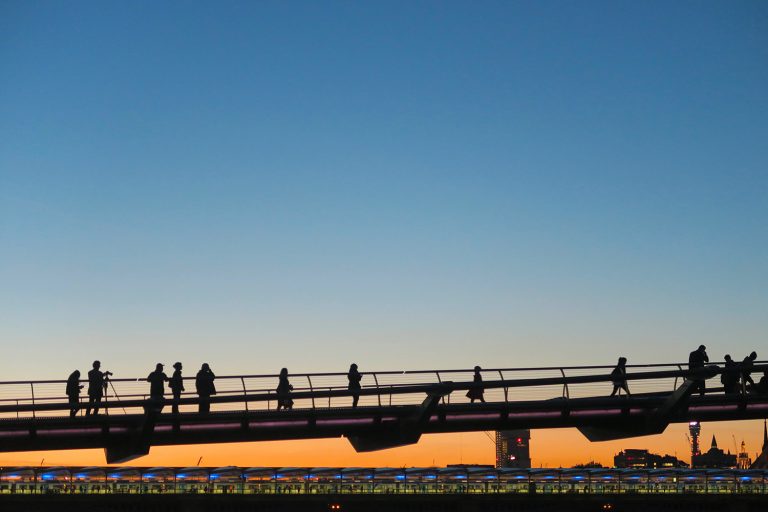
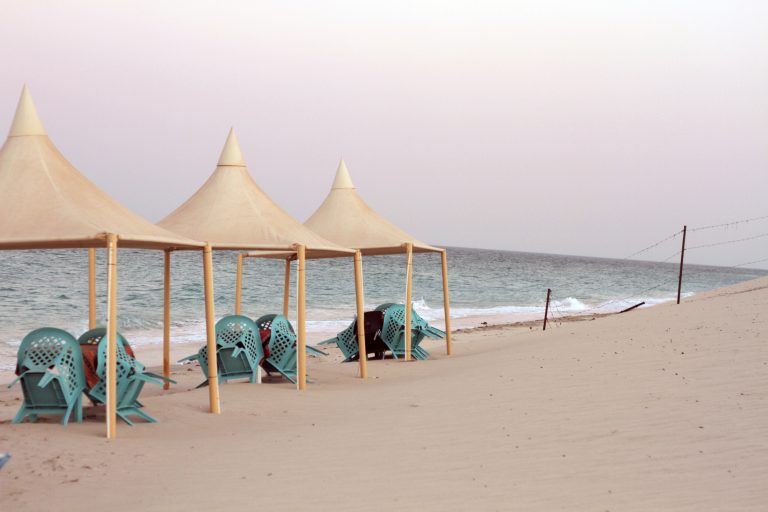
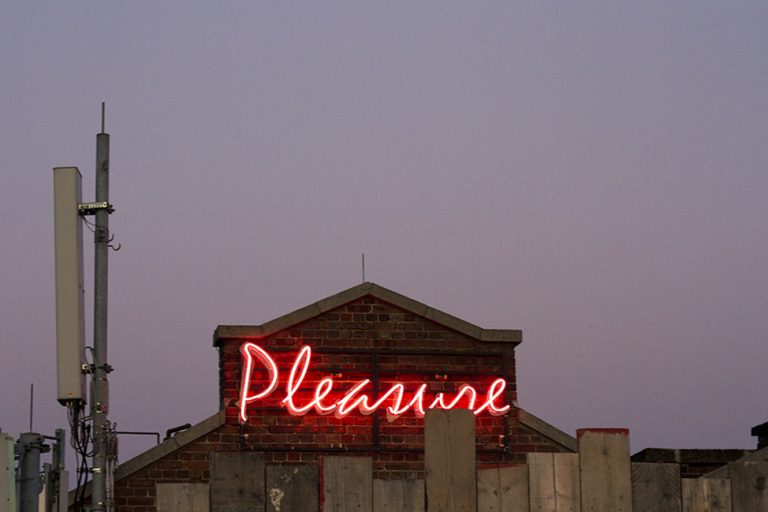
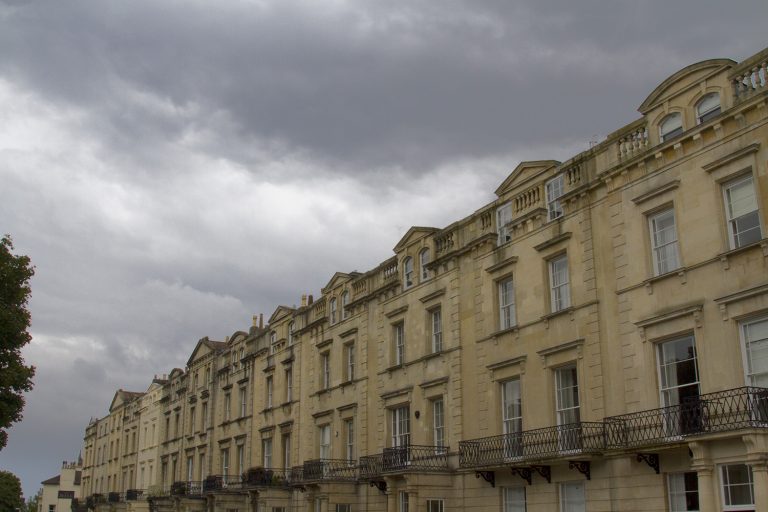
Great post! Yah, I would also recommend avoiding Ramadan travel. Also … they banished chocolate hour?!? Nooooo lol
I didn’t realise that it was happening and so only went once before hand.
It remains one of the biggest regrets of my life.